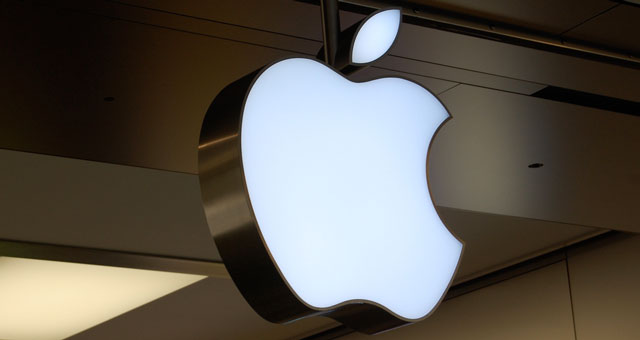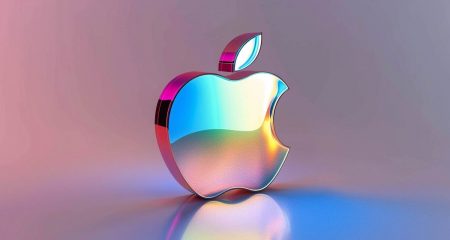
Not everyone is worried about Apple’s future fortunes (see main story), or its direction under CEO Tim Cook. Local Apple bull Paul Theron, the founder and CEO of Johannesburg-based private client asset management firm Vestact, believes not only that the company’s prospects remain solid, but that the share price, at about US$120, is “absurdly cheap”.
Apple, which is trading below its 18 May 2015 all-time high of $134,54/share, has an historic price-to-earnings ratio of 14.
“That’s lower than Toyota, lower than IBM for goodness sake. It’s lower than banged-up banks like Citibank and Wells Fargo. That’s madness,” Theron said.
The smartphone market is not mature, but is in fact still in its infancy, he said. This will play strongly in Apple’s favour.
“Apple dominates the top end of the world’s most important product market — smartphones. The potential market is every person in the world. People who don’t have one want one. People who have one now want a new one.”
What Apple needs to do, Theron said, is simply to “go on doing what it does best”, namely “designing, manufacturing and distributing smartphones”. He predicted the next iPhone — possibly to be called the iPhone 7s or iPhone 8 — could sell over 300m units a year. (In its fiscal fourth quarter — to 24 September 2016 — Apple sold 34,5m iPhones.)

BMI-TechKnowledge director of research Brian Neilson is less bullish, and believes Apple’s reliance on mature markets is a handicap. “Apple is far less successful in emerging markets, and in some cases almost irrelevant, especially in the emerging low-cost smartphone market, the ‘next billion’ if you like,” he said.
Google’s Android dominates in emerging markets. In the third quarter of 2016, Android had captured 87% of the global market, according to International Data Corp. Apple’s iOS had just 12,5%. However, the iPhone continued to mop up the bulk of smartphone industry profits in 2016, according to various research houses.
Sasha Naryshkine, Theron’s colleague at Vestact, where he is a portfolio manager, is also strongly bullish on Apple. He said its valuation is even cheaper if one strips out the company’s cash balance of $240bn.
“Even if you add the taxable amount in – for cash repatriated to the US – you could get a huge reinvestment or greater cash distributions to shareholders, increasing the attractiveness of the stock,” Naryshkine said.
He also defended Cook, saying that although he “may be a corporate type,” he “may be exactly what the business needs right now”.
“The bottom line is that Apple makes products and offers services that Mr and Mrs Consumer love. If that changes, then watch out.”
- This article was also published in the Sunday Times of 15 January 2017




